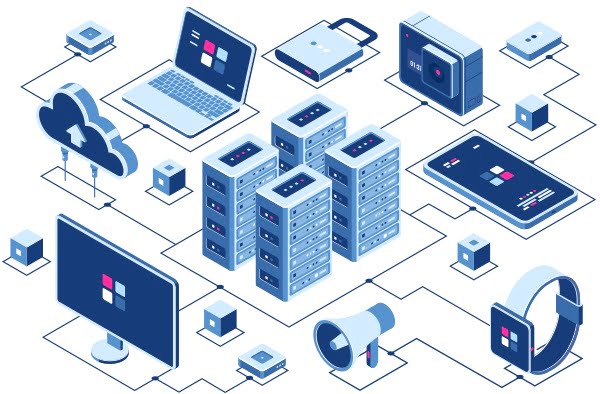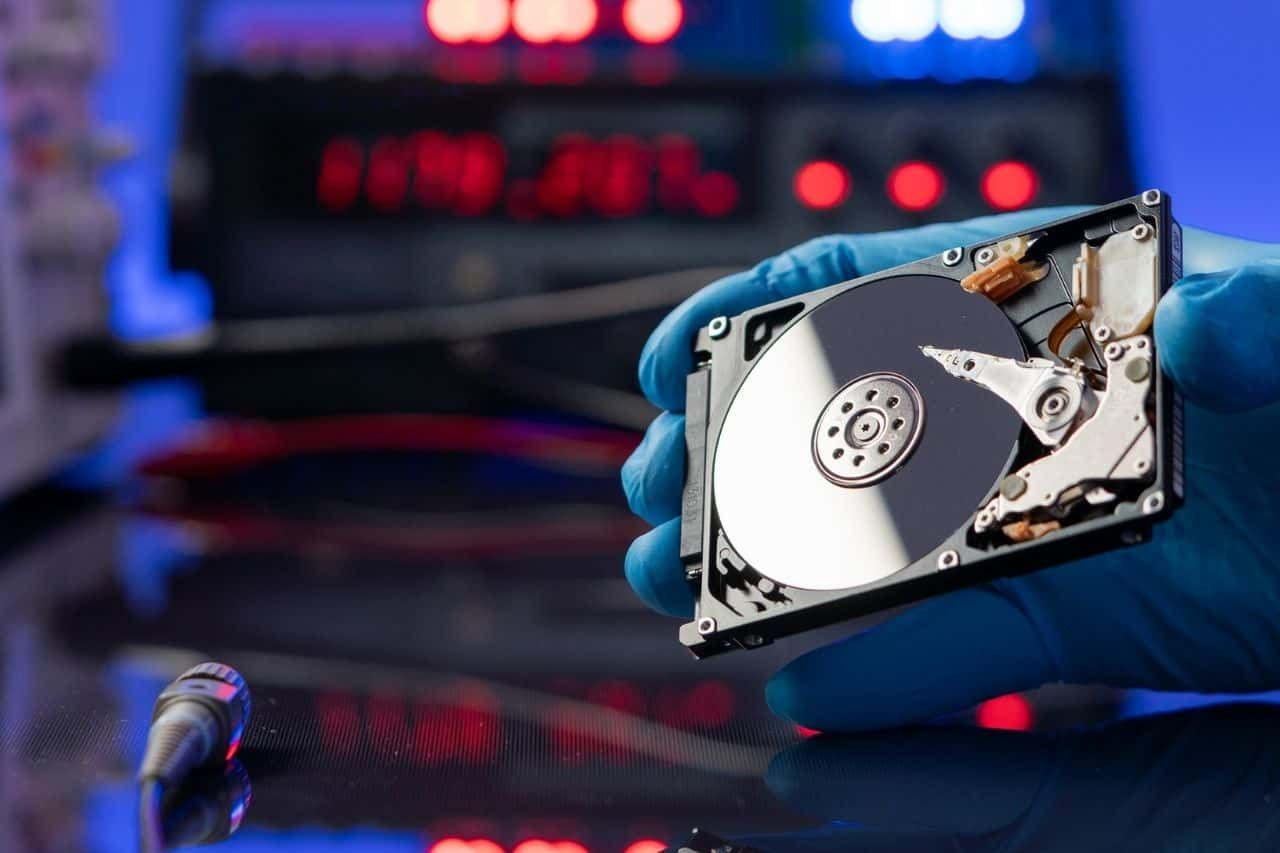Futures Trading Explained
Futures trading is the act of trading futures contracts which allows certain stocks, commodities and assets to be traded at a pre-determined future price. For example, a farmer may short a futures contract on 6000 bushels of hay at the price of $5.00 a bushel to a buyer of livestock feed. By doing so, the farmer has guaranteed himself the price of $5.00 per bushel for his hay when harvest time comes. The buyer is also obligated to the purchase price of $5 per bushel. The farmer is hedging against a price drop in hay while the buyer is expecting the price of hay to be higher than $5 a bushel when it is time to harvest.
Futures are instruments that derive their value from their underlying assets. Their main purpose is to help buyers and sellers make arrangements that protect against price fluctuations. This is the most important function of futures trading.
In addition to being a great hedging tool as intended, futures trading has also opened the door to leveraged speculation of price fluctuations leading to many millionaires in the stock market. In 2002 in the US market, futures trading extended to stocks of listed companies as the underlying asset. This provided participants in the capital market with another option of leveraged commodities trading.
Leverage is another reason futures trading is so power and dangerous.
Leverage is due to the fact that only a small deposit known as the “initial margin” is required to control a large amount of underlying asset. The buyer only needs to pay the seller a small deposit to guarantee the purchase at the negotiated price (the futures price).
There are four types of futures trading in the futures market.
Hedgers
Hedgers are what futures contracts were originally designed to do which is a hedge against price risk. This is where hedgers go short on futures contracts while owning the underlying asset or other futures contracts of the same or related underlying in order to protect the existing position against price fluctuations.
Speculators
Speculators are the backbone of the futures trading market. They provide liquidity and activity in the market by day trading or swing trading strategies. This is buying and selling futures contracts outright to speculate on a strong directional move. This is also the most risky way of trading as the price of the underlying asset could put your position in a loss deep enough for a margin call.
Arbitrageurs
Arbitrageurs are futures traders in the market who spot price anomalies between futures contracts their underlying assets. Their purpose is to reap a risk free return. Arbitrage is very competitive and super computers are used to spot anomalies ad opportunities automatically.
Spreaders
Spreaders are futures traders that specialize in a combination of futures contracts or underlying in order to reduce risk and expand probability. This is known as “future spreads.” These traders make use of the difference in price and rate of change in price of different offsetting futures contracts. This creates futures positions that move within a certain limit provide a bigger chance of profit with lower commission rates.







